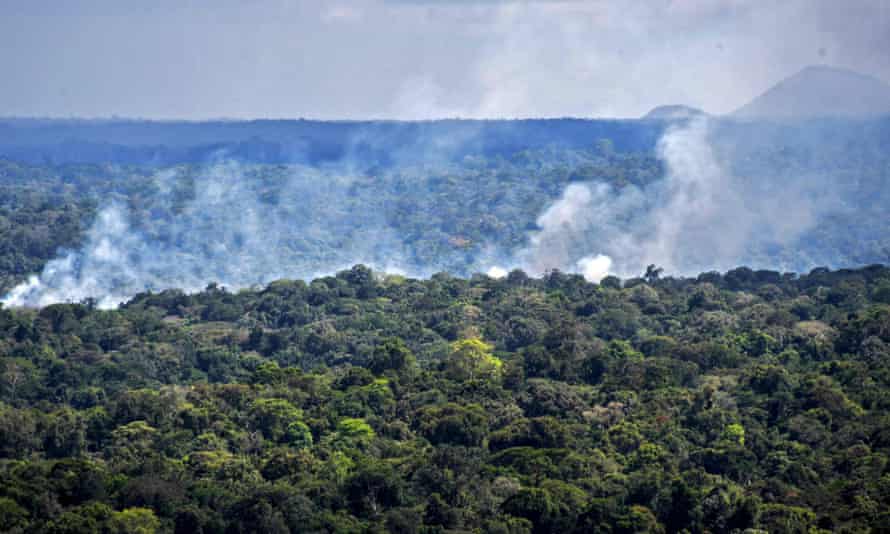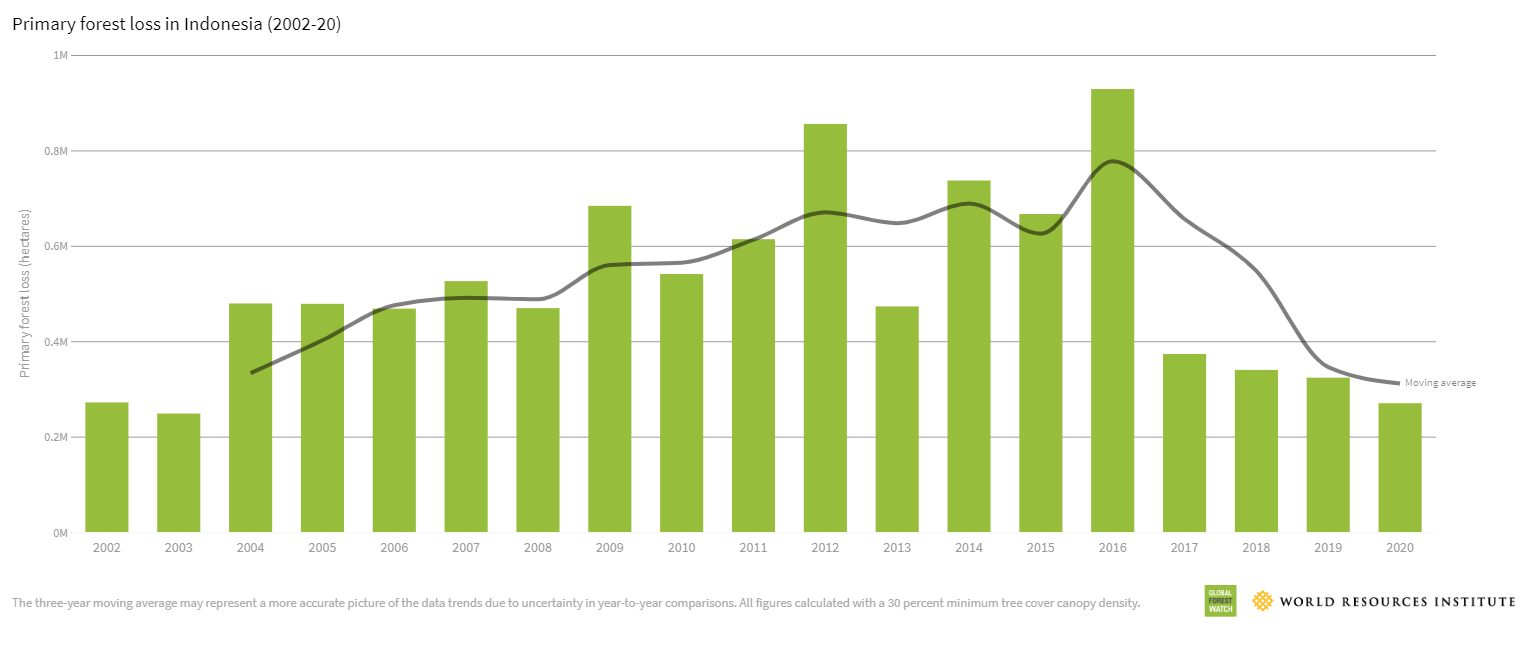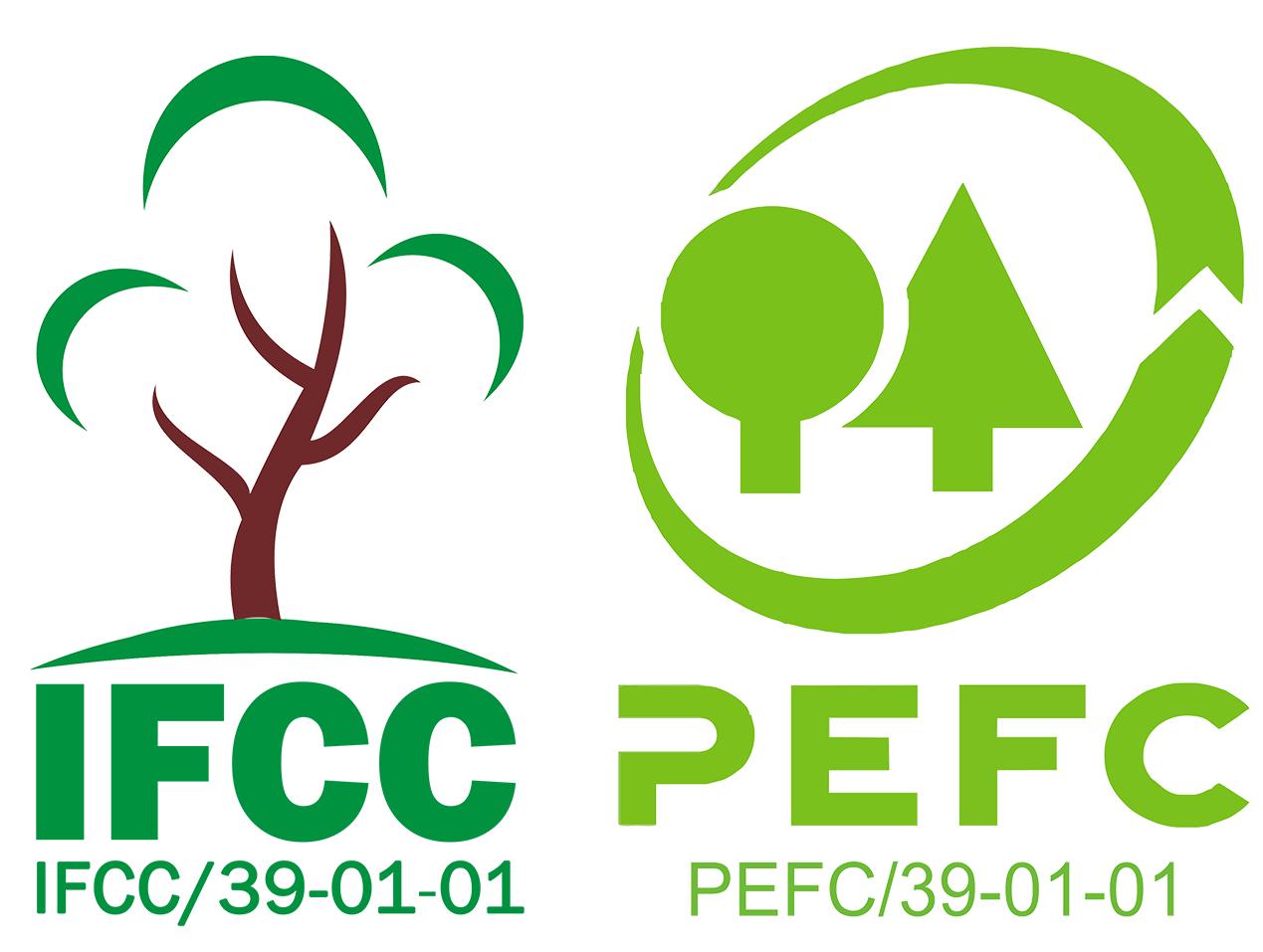
Jakarta, Gatra.com - Ekonom INDEF (Institute for Development of Economics and Finance), Drajad Wibowo, mengungkapkan ada 1 hal yang tampaknya pemerintah agak lemah menangani strategi perdagangan Indonesia ke pasar global.
"Yaitu isu-isu yang terkait dengan sustainability ya, isu-isu yang terkait dengan lingkungan hidup, sustainabilitas dan terkait dengan human rights. Karena sekarang ini perdagangan tidak murni hanya masalah harga saja, tidak murni masalah kepentingan bidang harga dan kualitas, tapi sudah masuk ke isu-isu yang non-ekonomi yang menjadi preferensi konsumen di berbagai negara," ungkapnya, dalam webinar yang diselenggarakan oleh Tribunnews.com dengan bertajuk "Dialog Gerakan Ekspor Nasional" (Diginas) pada Selasa sore, (6/4).
Drajad mengatakan, bahwasanya di China itu kurang terkait dengan isu-isu itu, namun di sisi lain Indonesia tak bisa terlalu bergantung pada negara tirai bambu tersebut untuk berbagai kegiatan ekonomi Tanah Air. Sembari ia mengingatkan, ekspor terbesar Indonesia yaitu ke negara China senilai hampir 20 persen, yakni 19,31 persen pada tahun lalu.
"Nilainya itu sekitar 29 miliar dolar lebih ya. Tapi kita tetap juga mengalami defisit perdagangan yang besar dengan China, hampir 10 miliar ya. Impor kita dengan China itu 39 miliar dolar lebih dan dia juga mempunyai peranan hampir 31 persen. Jadi, dominasi peranan China terhadap Indonesia ini apa, cukup, cukup tinggi begitu," terangnya.
Drajad menyarankan agar pemerintah harus melakukan diversifikasi, usaha penganekaragaman produk atau bidang usaha. Namun, di beberapa pasar yang ada, Indonesia terbentur dengan isu sustainabilitas maupun isu lingkungan.
"Saya kasih contoh pulp and paper, itu dulu adalah, pulp and paper itu salah satu ekspor Indonesia dan kita menjadi pemain ke-6 maupun ke-10 terbesar di dunia ya. Tapi kita sempat babak belur di tahun 2009, 2010, 2011 karena terhajar oleh isu sustainability. Sehingga kemudian kita diboikot, diboikot oleh nama-nama besar. Mulai dari, bahkan dari Mattel ya, produsen Barbie itu memboikot produk pulp and paper kita. Kemudian juga sirop dan sebagainya memboikot produk-produk kita," tuturnya.
Lanjut Drajad, Indonesa juga mengalami hal yang sama dengan sawit, serta Usaha Mikro Kecil Menengah (UMKM) pun mengalami hambatan yang sama karena isu lingkungan hidup maupun isu human rights atau Hak Asasi Manusia (HAM). Menurutnya, Indonesia perlu lebih pro-aktif guna mendorong para pelaku ekonomi, serta melindunginya dari kedua isu tersebut.
"Kita perlu diversifikasi pasar, jangan hanya tergantung pada 1 negara, jangan tergantung pada Cina saja, Amerika saja, itu enggak bagus. Untuk melakukan diversifikasi tersebut, itu tidak jarang bahkan sering sekali kita terhantam oleh 2 isu tadi (isu lingkungan dan HAM). Nah untuk 2 isu tadi, pemain non-pemerintah seperti saya itu bisa melakukan sesuatu. Akan tetapi, enggak akan maksimal kalo negara tidak take the lead untuk melakukan sesuatu terkait dengan 2 isu tadi," pungkas pengamat ekonomi itu.
Reporter: Farid Nurhakim
Editor: Bernadetta Febriana










